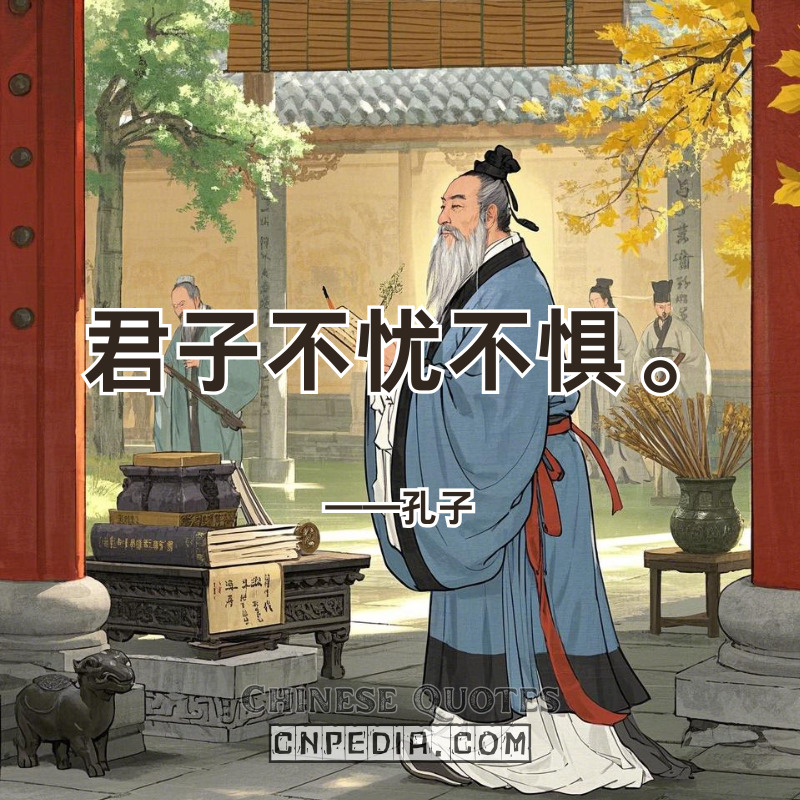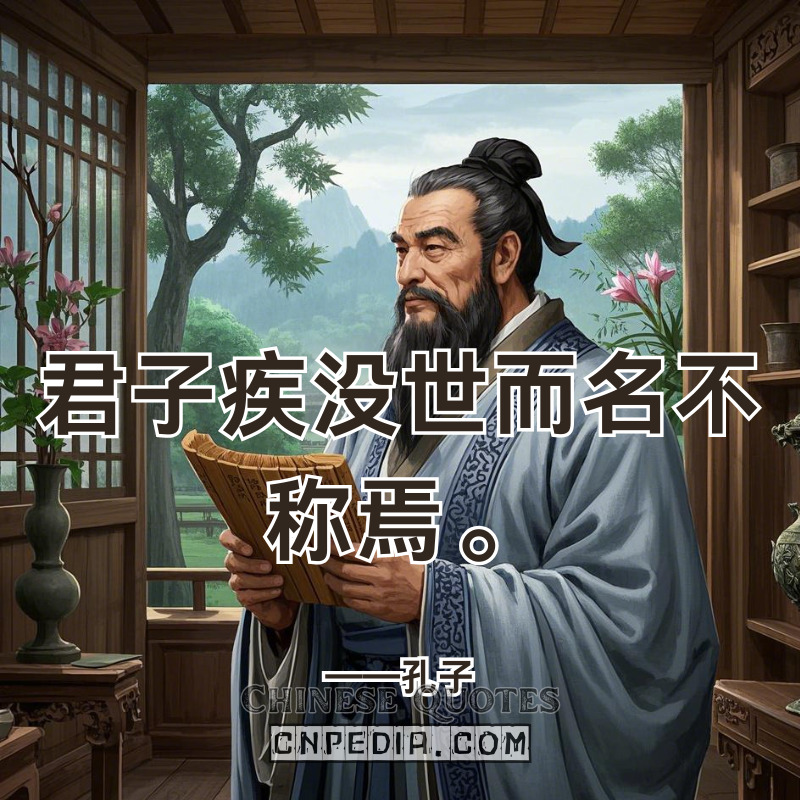君子矜而不争,群而不党。——孔子
(jūn zǐ jīn ér bù zhēng, qún ér bù dǎng — Kǒngzǐ)

Translation: “Nobles maintain dignity without contention, belong without faction.”
Explanation: Confucius’ maxim reveals a dual ethical paradox: 矜(jīn)而不争(zhēng) (dignity without confrontation) and 群(qún)而不党(dǎng) (community without faction). First, the character 矜(jīn) – combining 矛(máo) “spear” and 今(jīn) “now” – metaphorically arms noble conduct with present-moment moral vigilance. This structural wisdom predates modern conflict resolution theories by millennia.
Second, the “social quantum state” principle operates through calibrated detachment. Like Wikipedia’s NPOV (Neutral Point of View) policy requiring editors to hold perspectives without enforcing them, Confucian dignity demands engagement without possessive attachment to outcomes.
Third, the 不党(bù dǎng) (non-factionalism) ethic finds modern expression in DAO (Decentralized Autonomous Organization) governance models. Blockchain-based DAOs enforce protocol-bound collaboration where participants contribute without forming power blocs – a technological echo of 群(qún)而不党(dǎng)’s anti-tribalism.
Finally, this framework resolves the individualism-collectivism dichotomy. The 君子(jūn zǐ) neither isolates like Western libertarians nor dissolves into groupthink. Through 矜(jīn)’s defensive integrity and 群(qún)’s organic cohesion, it charts a Middle Way for digital-age governance systems.








——Records-of-the-Grand-Historian-Biographies-of-the-Money-makers.jpg)
——Records-of-the-Grand-Historian-Biographies-of-the-Money-makers.jpg)
——Records-of-the-Grand-Historian-Biographies-of-the-Money-makers.jpg)
——Records-of-the-Grand-Historian-Biographies-of-the-Money-makers.jpg)
——Records-of-the-Grand-Historian-Biographies-of-the-Money-makers.jpg)
——Records-of-the-Grand-Historian-Biographies-of-the-Money-makers.jpg)